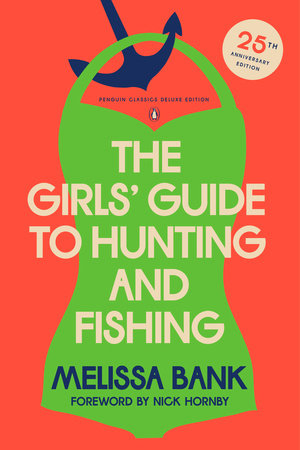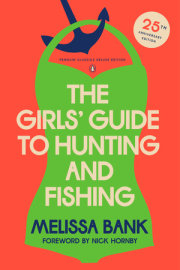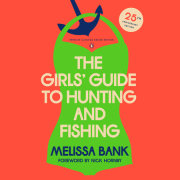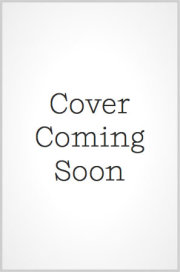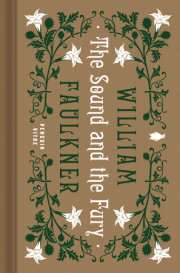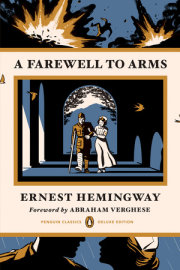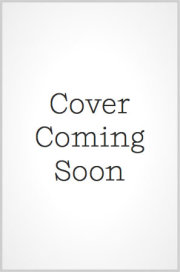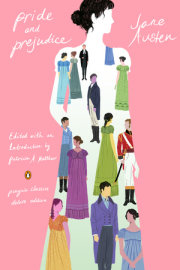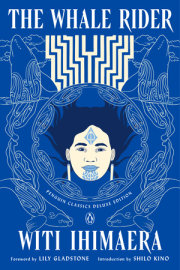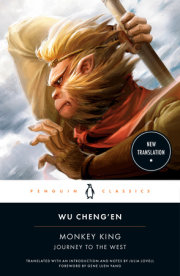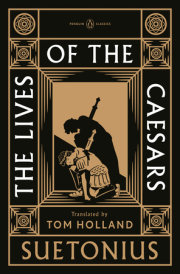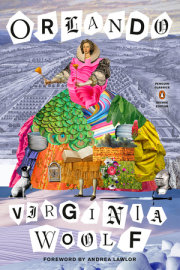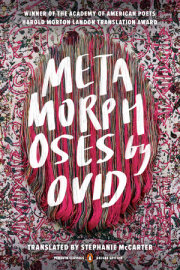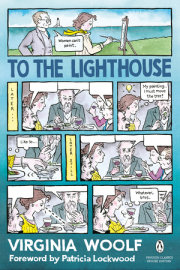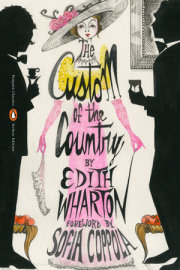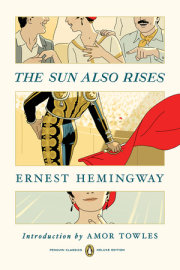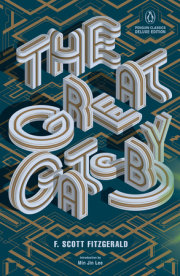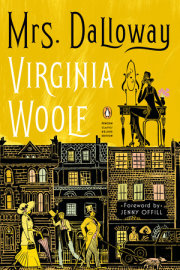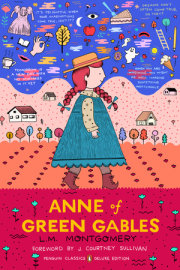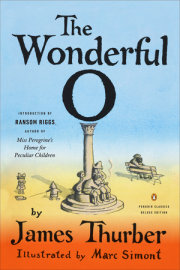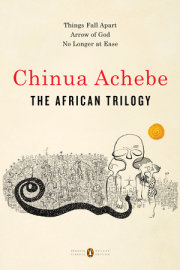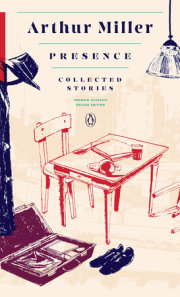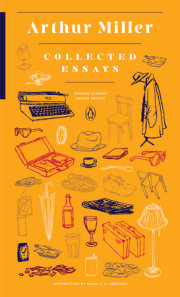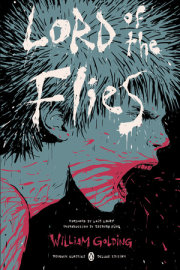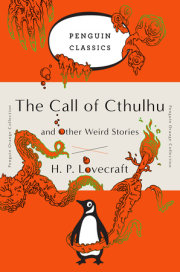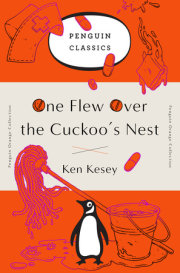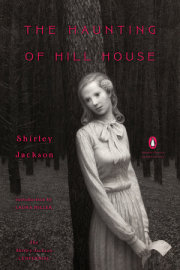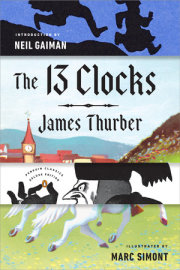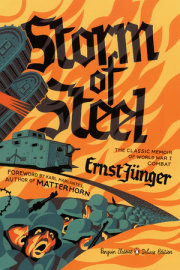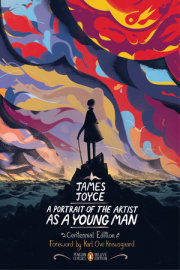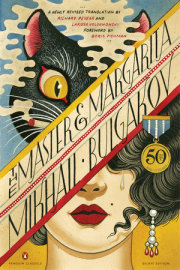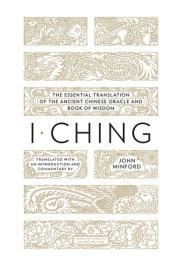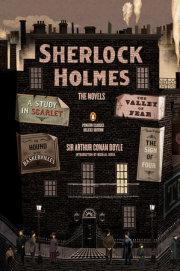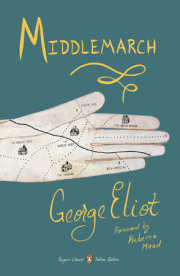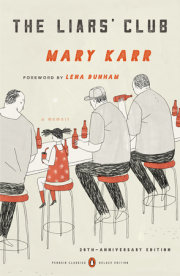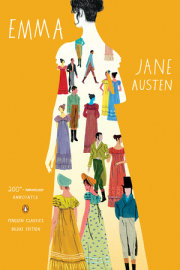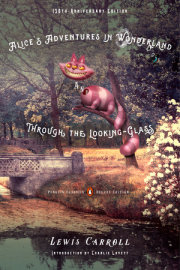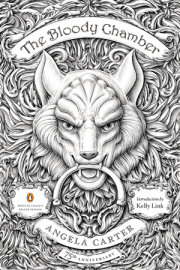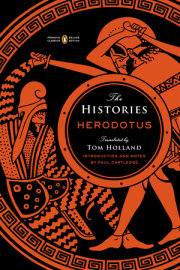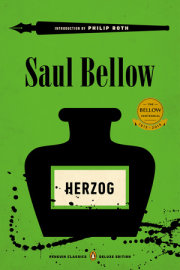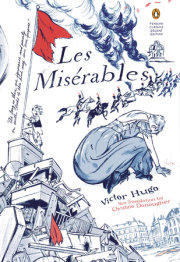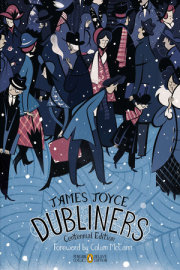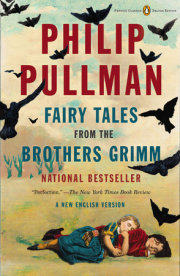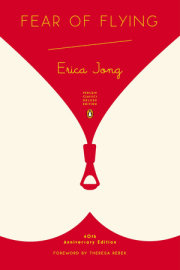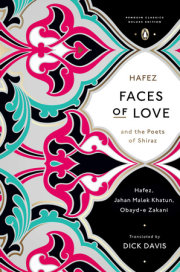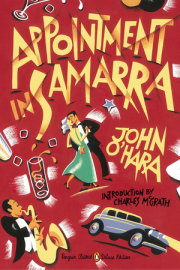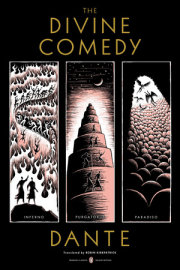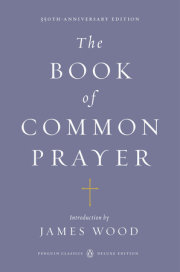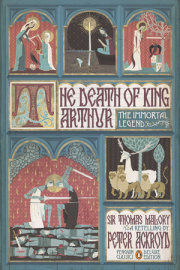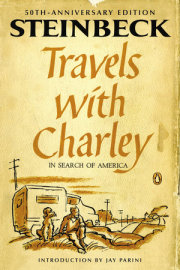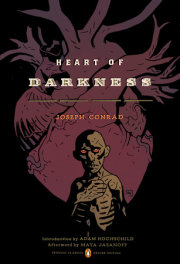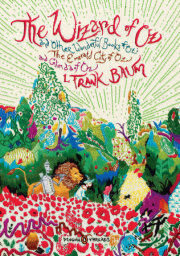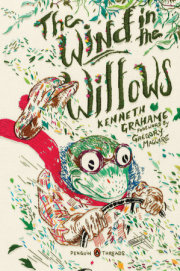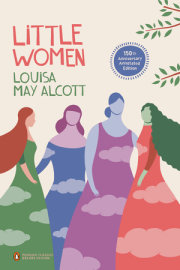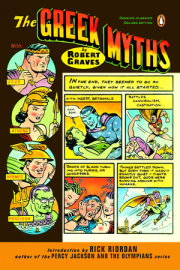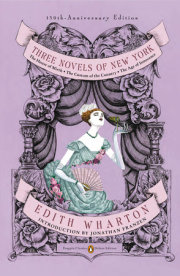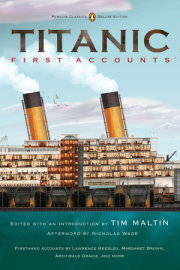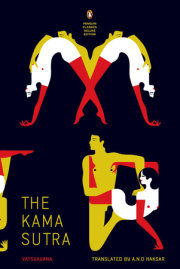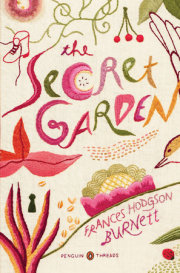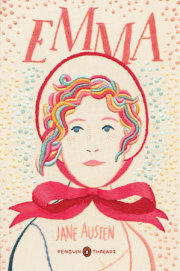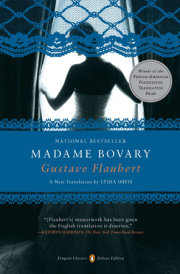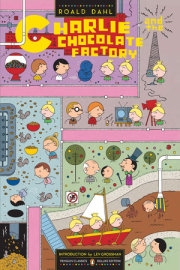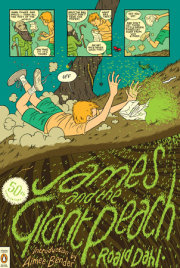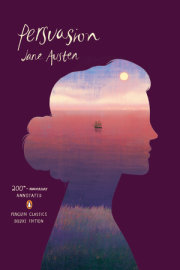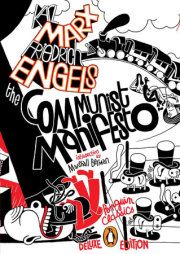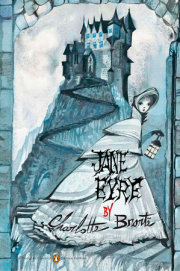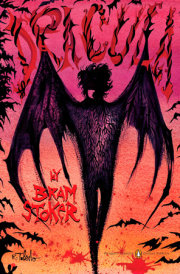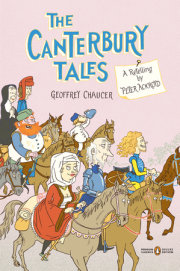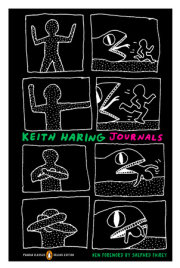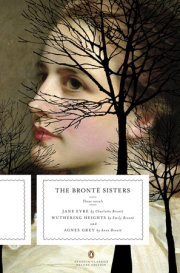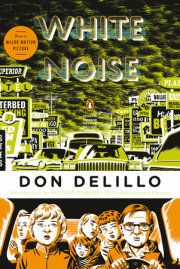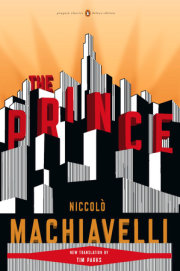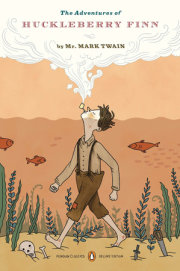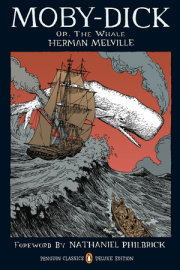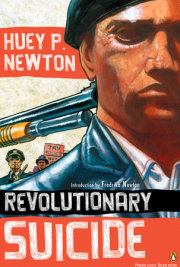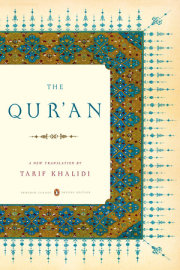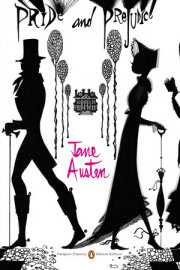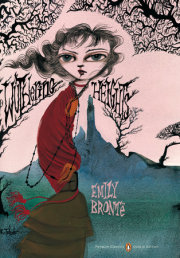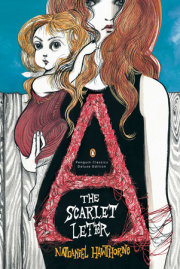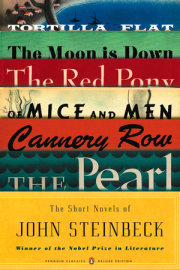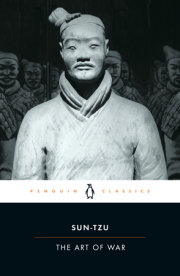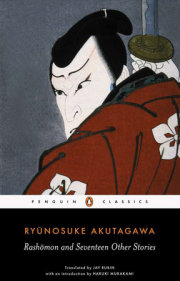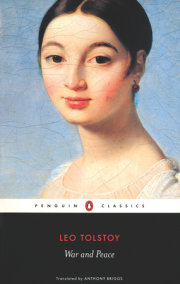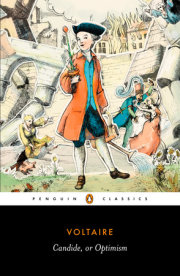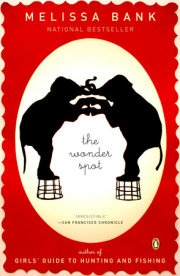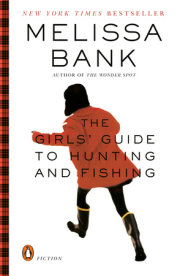My brother's first serious girlfriend was eight years older—twenty-eight to his twenty. Her name was Julia Cathcart, and Henry introduced her to us in early June. They drove from Manhattan down to our cottage in Loveladies, on the New Jersey shore. When his little convertible, his pet, pulled into the driveway, she was behind the wheel. My mother and I were watching from the kitchen window. I said, "He lets her drive his car."
My brother and his girlfriend were dressed alike, baggy white shirts tucked into jeans, except she had a black cashmere sweater over her shoulders.
She had dark eyes, high cheekbones, and beautiful skin, pale, with high coloring in her cheeks like a child with a fever. Her hair was back in a loose ponytail, tied with a piece of lace, and she wore tiny pearl earrings.
I thought maybe she'd look older than Henry, but it was Henry who looked older than Henry. Standing there, he looked like a man. He'd grown a beard, for starters, and had on new wire-rim sunglasses that made him appear more like a bon vivant than a philosophy major between colleges. His hair was longer, and, not yet lightened by the sun, it was the reddish-brown color of an Irish setter.
He gave me a kiss on the cheek, as though he always had.
Then he roughed around with our Airedale, Atlas, while his girlfriend and mother shook hands. They were clasping fingertips, ladylike, smiling as though they were already fond of each other and just waiting for details to fill in why.
Julia turned to me and said, "You must be Janie."
"Most people call me Jane now," I said, making myself sound even younger.
"Jane," she said, possibly in the manner of an adult trying to take a child seriously.
Henry unpacked the car and loaded himself up with everything they'd brought, little bags and big ones, a string tote, and a knapsack.
As he started up the driveway, his girlfriend said, "Do you have the wine, Hank?"
Whoever Hank was, he had it.
Except for bedrooms and the screened-in porch, our house was just one big all-purpose room, and Henry was giving her a jokey tour of it: "This is the living room," he said, gesturing to the sofa; he paused, gestured to it again and said, "This is the den."
Out on the porch, she stretched her legs in front of her—Audrey Hepburn relaxing after dance class. She wore navy espadrilles. I noticed that Henry had on penny Loafers without socks, and he'd inserted a subway token in the slot where the penny belonged.
Julia sipped her ice tea and asked how Loveladies got its name. We didn't know, but Henry said, "It was derived from the Indian name of the founder."
Julia smiled, and asked my mother how long we'd been coming here.
"This is our first year," my mother said.
My father was out playing tennis, and without him present, I felt free to add a subversive, "We used to go to Nantucket."
"Nantucket is lovely," Julia said.
"It is lovely," my mother conceded, but went on to cite drab points in New Jersey's favor, based on its proximity to our house in Philadelphia.
In the last of our New Jersey versus Nantucket debates, I'd argued, forcefully I'd thought, that Camden was even closer. I'd almost added that the trash dump was practically in walking distance, but my father had interrupted.
I could tell he was angry, but he kept his voice even: we could go to the shore all year round, he said, and that would help us to be a closer family.
"Not so far," I said, meaning to add levity.
But my father looked at me with his eyes narrowed, like he wasn't sure I was his daughter after all.
Copyright © 2000 by Melissa Bank. All rights reserved. No part of this excerpt may be reproduced or reprinted without permission in writing from the publisher.

